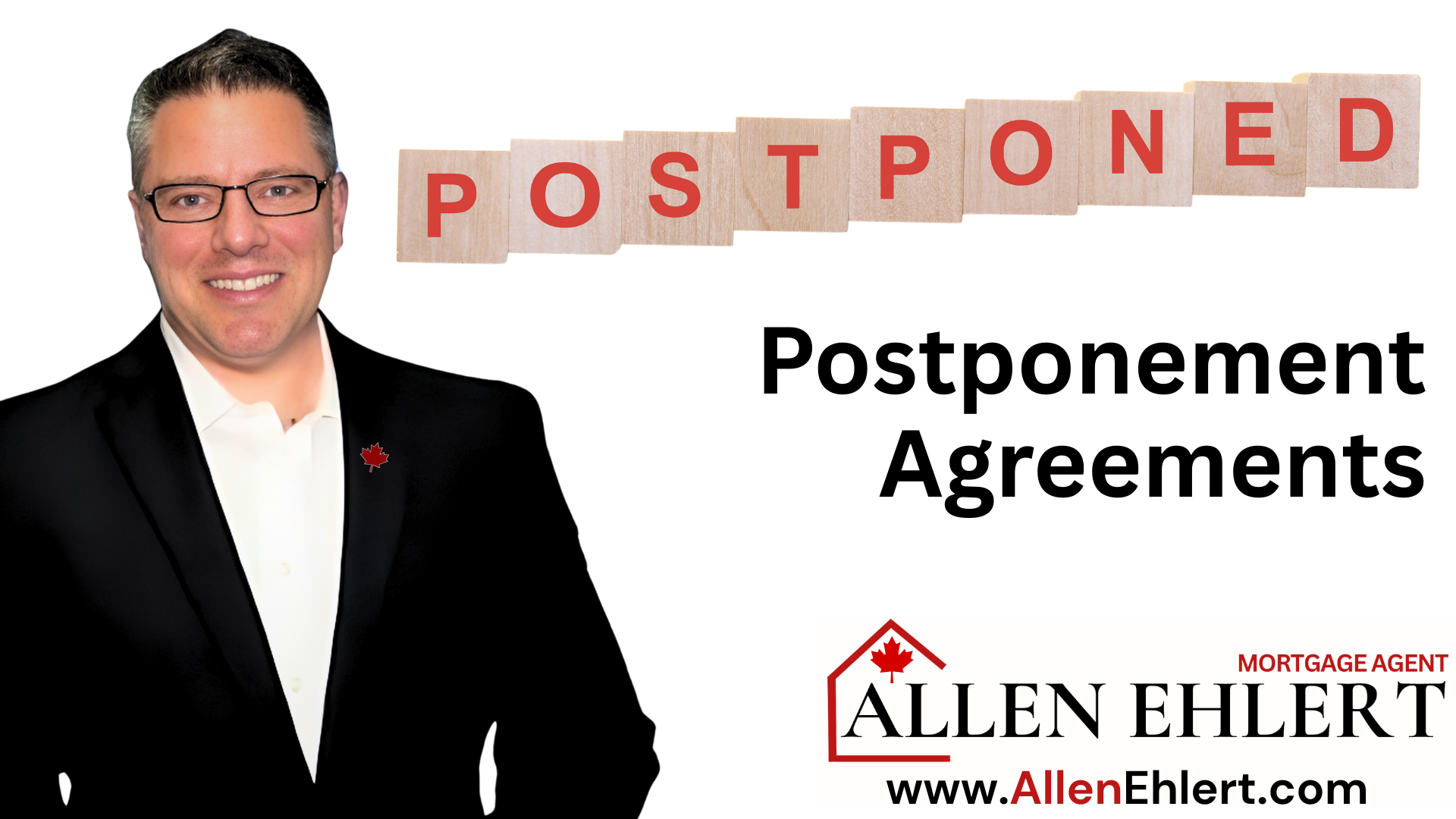… What you need to know before that lakefront listing hits the market
As a realtor, when you’re helping a client buy a cottage or rural property, you already know it’s not your average suburban transaction. The property may be cute as a button, the lake view breathtaking—but if the water source doesn’t pass muster, your deal could hit a wall faster than a raccoon on a screen door.
This article unpacks what “certified aqueduct” and “certified well” really mean in the Ontario cottage market, why lenders care so much, and how realtors like you can stay one step ahead—saving your clients stress, time, and potentially thousands of dollars. Pull up a Muskoka chair and let’s dive in.
Allow me to cover:
What’s a Certified Aqueduct, Really?
So What’s a Certified Well Then?
What Can Go Sideways (And How to Prevent It)
What Should Realtors Look Out For?
How You Can Use This Info in Practice
What’s a Certified Aqueduct, Really?
Let’s clear the air—“certified aqueduct” is a term that gets tossed around a lot, especially in listings translated from French or written by someone trying to sound fancy. In plain English, this usually means municipally supplied drinking water or a regulated community system.
If a cottage is connected to a municipal water line, it’s golden. That means the water is treated, tested, and delivered by a government-regulated source. Some unorganized territories or cottage subdivisions have communal wells or shared water systems, which—if maintained and tested according to Ontario’s drinking water standards—may also be acceptable to lenders.
But if the listing says “lake water,” “raw water,” or “non-potable,” you’re gonna need more than rose-coloured glasses to make that deal go through.
So What’s a Certified Well Then?
Now here’s where it gets murky. “Certified well” isn’t a formal term under Ontario law. What lenders and insurers really want is a safe, legal, and properly constructed well—with paperwork to prove it.
A “certified well,” in practical terms, usually means:
- A drilled well, built by a licensed well technician
- A well record filed with the Ministry of the Environment
- A water test dated within the past 30–90 days showing no E. coli or total coliform bacteria
- Good flow rate (3–5 gallons per minute is ideal for most year-round properties)
- Proper setbacks from septic systems, livestock, or fuel tanks
If you’re working with a dug well or a seller who can’t provide the basics? That’s a red flag, and your buyer’s lender might just pull the plug.
Licensed well technician
A licensed well technician in Ontario is a professional who is certified by the Ontario Ministry of the Environment, Conservation and Parks (MECP) to construct, repair, and decommission water wells in compliance with Ontario Regulation 903 under the Ontario Water Resources Act.
Contact me to refer you to a licensed well technician in your area.
What Can Go Sideways (And How to Prevent It)
Lenders are picky about water because bad water = big risk. It’s not just about drinking it—it’s about resale value, insurability, and health.
Let’s say your buyer falls in love with a secluded log cabin with a dug well from 1974, no water test, and the septic tank is 20 feet from the wellhead. If that deal closes without proper inspection, your client could be dealing with:
- Costly water treatment system installs (think $3K–$10K)
- Trouble getting mortgage insurance or financing
- Long-term health issues from contaminated water
- A hard time selling later, unless they fix the problem
All avoidable—with the right due diligence.
What Should Realtors Look Out For?
Here’s your Realtor’s Water System Watchlist—keep this handy on showings or when prepping listings:
- Ask: What’s the water source? If it’s not municipal, dig deeper.
- Request a recent water potability test. No E. coli. No coliform. No deal without it.
- Get the well record. If the seller doesn’t have it, check the MECP’s online well registry.
- Check flow rate. Especially important if there’s a hot tub, large family, or plans to Airbnb.
- Measure setbacks. Wells should be at least 50 feet from septic tanks, 100 feet is better.
- Look at the wellhead. Is it above ground, sealed, and properly capped?
- Beware of “lake water” systems. These are often non-potable unless properly treated and permitted.
Ignoring these details can kill your deal, or worse—leave your clients with a property they can’t enjoy or finance properly.
How You Can Use This Info in Practice
Picture this: You’re listing a charming three-season cottage in Haliburton. Before even setting the asking price, you:
- Ask the seller for a current water potability test and include it in the feature sheet.
- Verify the well record, and confirm the type and age of the well.
- Include in your remarks: “Drilled well with recent water test on file—mortgage-ready!”
Boom—now you’re speaking the lender’s language and making your buyer’s life easier. It also gives you ammo when negotiating with buyer agents or navigating a conditional offer.
Or maybe your buyer is eyeing a waterfront home in Kawartha with lake water and no filtration. You can now advise them early: “We’ll need a proper UV or RO treatment system and maybe lender approval of the setup. Let’s budget that in or look at alternatives.”
Allen’s Final Thoughts
Buying a cottage should be a dream come true, not a financing nightmare. As a mortgage agent who specializes in rural and seasonal properties, I’ve seen too many deals fall apart at the eleventh hour because of something as simple as a bad water test or a missing well log.
As a realtor, your superpower is being proactive. Understanding what lenders and insurers need for a property to be mortgageable—especially when it comes to water—puts you in the driver’s seat. It saves time, prevents disappointment, and positions you as the knowledgeable pro your clients trust.
How I Can Help You Win More Deals
When you work with me, you don’t just get a mortgage guy—you get a deal-saver, educator, and backup quarterback all rolled into one.
Here’s how I can support you:
- Pre-screen properties for lender suitability before you spend time showing them
- Explain requirements around wells, aqueducts, and septic systems to clients
- Coordinate water tests or recommend trusted professionals
- Provide branded client handouts, checklists, and slide decks for your buyers
- Help with conditional offers and letters of explanation to lenders
- Jump in on calls with clients to demystify the process
Whether it’s a cottage on the lake or a country home on 10 acres, I’ll help you and your clients feel confident from the first showing to the final signature.
Let’s keep your deals flowing—as smooth as that perfect glass of well water.












